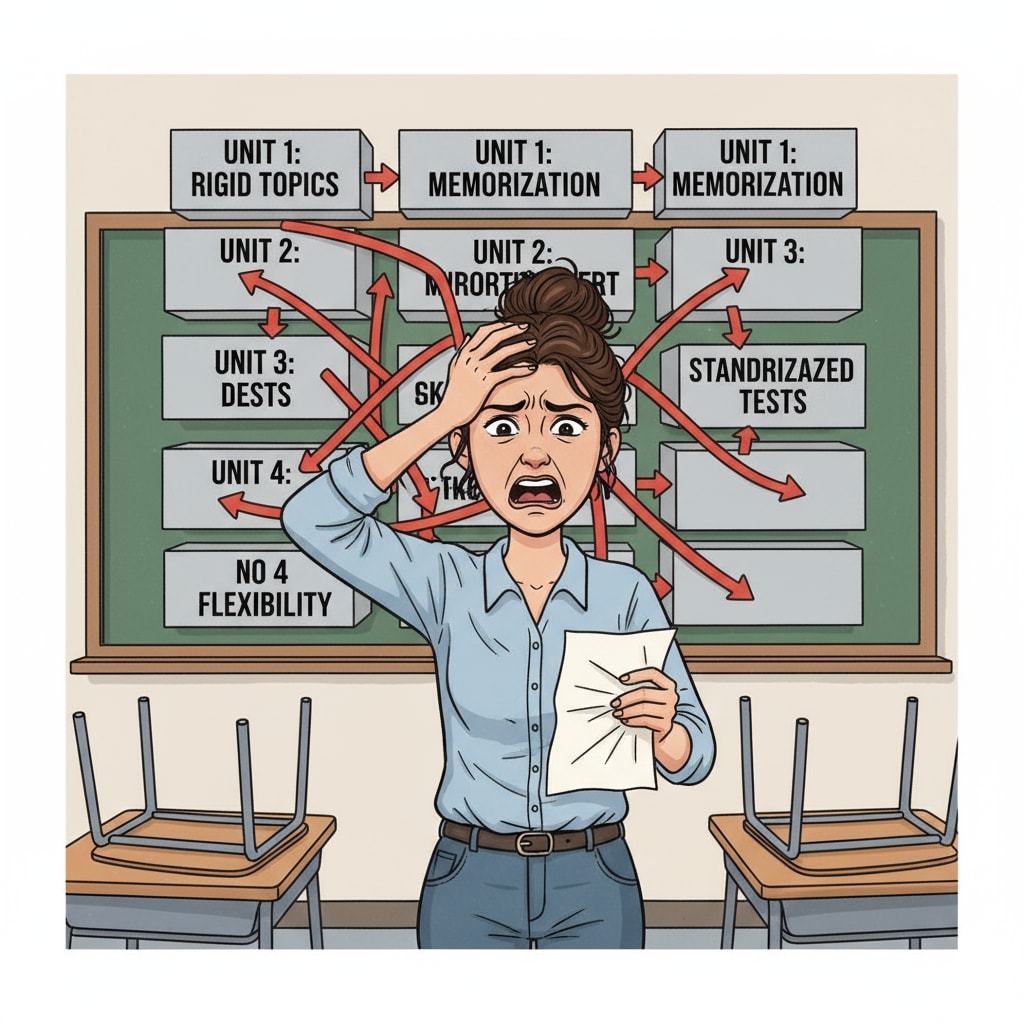In the realm of K12 education, micro – management, teaching autonomy, and work stress have become intertwined issues that demand our attention. Educators, who are the heart of the educational system, are often subjected to excessive micro – management, which severely impacts their teaching autonomy and, in turn, raises their work stress levels.

The Burden of Micro – management
Micro – management in K12 education often manifests in various forms. For example, educators are often bogged down by a mountain of administrative tasks and red tape. According to the National Education Association, teachers spend an inordinate amount of time on paperwork, such as filling out detailed lesson plans that are sometimes overly prescriptive. These plans leave little room for teachers to adapt to the unique needs of their students. In addition, frequent meetings are another form of micro – management. Teachers are pulled out of their classrooms regularly to attend meetings that may not always be directly relevant to their teaching. This disrupts their teaching rhythm and takes away valuable time that could be spent with students.
The Erosion of Teaching Autonomy
As micro – management tightens its grip, teaching autonomy is gradually eroded. Teachers are professionals who should have the freedom to design and deliver lessons in a way that suits their students. However, strict curriculum requirements and standardized testing often limit their creativity. For instance, they may be forced to teach to the test, focusing on rote memorization rather than fostering critical thinking and creativity. This not only stifles teachers’ enthusiasm but also fails to provide students with a well – rounded education. As stated by ASCD (Association for Supervision and Curriculum Development), true educational excellence can only be achieved when teachers have the autonomy to make instructional decisions.

The consequences of this erosion of teaching autonomy are far – reaching. Teachers may feel disengaged from their work, as they are no longer able to express their professional expertise freely. This, in turn, affects their job satisfaction and motivation. When teachers are not motivated, it is the students who ultimately suffer. The quality of education declines, and students may not receive the individualized attention and innovative teaching methods that they deserve.
Readability guidance: In this article, we have seen how micro – management burdens educators and erodes their teaching autonomy. The resulting work stress not only impacts teachers’ well – being but also has a negative impact on students’ learning. It is essential that educational institutions re – evaluate their management styles to restore teaching autonomy and reduce work stress for the betterment of the entire educational ecosystem.


